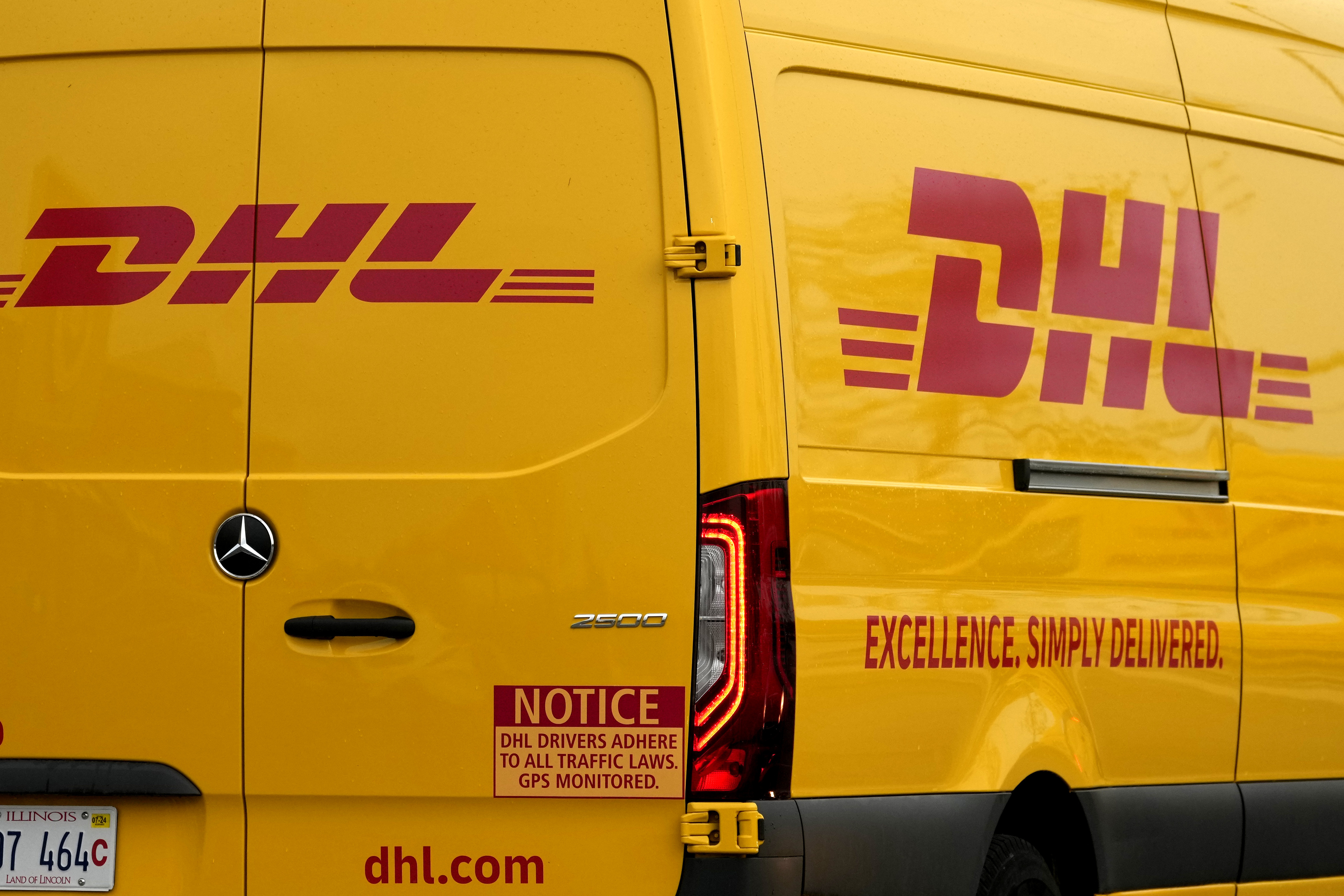
FRANKFURT - Multiple postal operators across Europe are suspending most package shipments to the United States, citing uncertainty, confusion and rising costs linked to forthcoming US customs regulations on low-value imports.
DHL Group, Germany's largest postal and logistics company, announced Friday it will temporarily stop accepting commercial goods and certain private parcels to the United States through postal channels.
The decision follows an executive order signed by US President Donald Trump last month, which sets to abolish the longstanding "de minimis" rule that allowed duty-free imports of low-value goods worth up to $800.
ALSO READ: FedEx, UPS, DHL executives to face fresh scrutiny in India antitrust case
Under the new framework, effective Aug 29, all imported items will be subject to customs clearance and tariffs. DHL noted, however, that the measure will not affect gifts under 100 dollars exchanged between individuals, if clearly marked as such, nor the mailing of letters and documents, though these may face stricter controls. Shipments sent via DHL Express will remain available but must undergo standard tariff-based clearance.
DHL also said the suspension was unavoidable, as key details of the new customs procedures remain unclear. Without guarantees of smooth clearance, the company cannot process shipments reliably.
The uncertainty has rippled across Europe. By Saturday, postal operators in more than a dozen countries, including France, Britain, Italy, Austria, Finland, Sweden, Latvia, Croatia, Slovenia, and Bosnia and Herzegovina, had announced either suspensions or severe restrictions on parcels bound for the United States.
France's La Poste said it would halt parcel services for goods starting Aug 25, except for express shipping, documents, and small gifts. Other operators, including Royal Mail, Poste Italiane and Post of Slovenia, set earlier cut-off dates to ensure parcels clear US borders before the new rules take effect.
PostEurop, the association of European postal operators, warned that unless workable solutions are found quickly, members may be "constrained to temporarily restrict or suspend" shipments to the United States.
READ MORE: 'Yellow' DHL turning green group to transform logistics
A common theme in operators' statements was frustration at the lack of clarity and preparation time. La Poste said US Customs had offered "no time...to re-organize and update computer systems" to handle the changes.
The United States has not yet clarified key procedures, particularly regarding the collection of customs fees, required data submissions, and cooperation with US customs authorities, Czech Post said.
Concerns also remain over parcels already in transit on Aug. 29, which may suddenly require full duty processing on arrival, creating further uncertainty for both operators and customers.
The suspension is already rippling through online retail and logistics networks. Many small businesses and independent sellers in Europe rely on affordable national postal services to ship to US customers.
"This is one of the first tangible consequences of Trump's tariff measures, poorly negotiated by the EU (European Union), with direct repercussions on consumers and enterprises," said Luigi Daniele of the Italian consumer association Consumerismo No Profit.
Furthermore, logistics experts warned the new US customs regulations could bring broader disruptions.
ALSO READ: DHL resumes global shipments of over $800 to US consumers
"Eliminating the 800-US-dollar exemption reroutes more than 1.3 billion parcels a year from a fast-track postal channel into full customs entry queues," said Stephen Dyke, a consultant at global supply chain firm FourKites.Ports, air hubs and brokers may face serious backlogs as low-value e-commerce shipments now require formal clearance, Dyke noted


